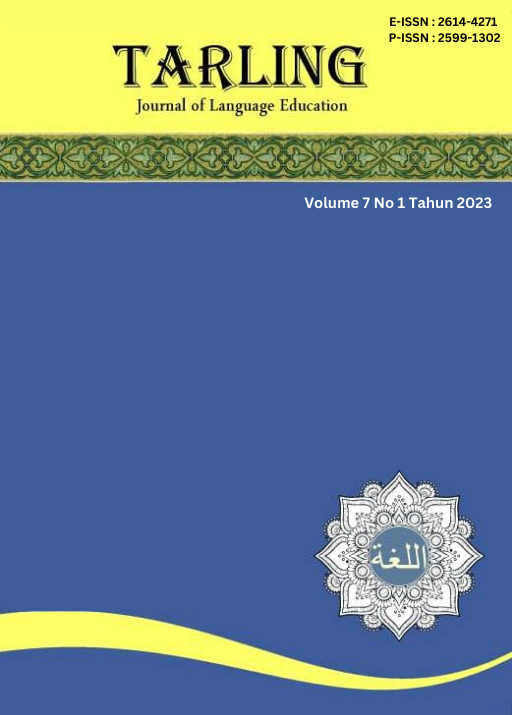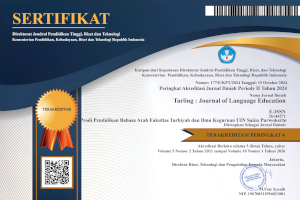E-learning Engagements of Pre-service Education Students
Keywords:
E-Learning Engagements, Pre-service Education students, Descriptive StudyAbstract
This study aimed to ascertain the e-learning engagements of selected Pre-service Education students and determined whether the e-learning engagements vary based on the students’ profile variables. The study group of the survey comprised 275 first to third-year students of BSED-Sciences, BTVTED and BSED-Mathematics enrolled at Surigao State College of Technology (SSCT), City Campus. A researchers-made questionnaire was used, validated and tested for reliability using Cronbach Alpha internal consistency coefficient with (α=0.85) for the entire scale (20 items). Distribution of web-based questionnaires thru Google forms followed. The data collected were treated using frequency, percentage count, mean, standard deviation, and analysis of variance (ANOVA). A descriptive survey research design was also employed. Study results indicated that behavioral, social, cognitive and technological engagements of the students were generally positive. Particularly, social engagement rated very high with a mean score of 2.97 (SD=0.53) indicating a significantly higher influence towards the learner’s online engagement meanwhile, technological engagement rated a lowest mean value of 2.71 (SD=0.55) signifying that students’ e-learning engagements is lesser as unstable internet connection found to be the main technological problem which caused students to get frequent absences during online classes. Additionally, mobile phone devices revealed to be the most useful ICT tool to assist students’ in managing the online learning system. Moreover, the e-learning engagements were found not to vary based on students’ sex and family income. However, students’ age, year level, program and specialization and gadgets used in modular and online classes made a significant difference which shows that the profile differences of Pre-service education students contribute a direct effect towards their online learning engagement. Implications from the results recommend a need to sustain social interaction between stakeholders, increased students’ online resources and community support by provision of learners’ online learning demands.Downloads
Published
2023-12-02
Issue
Section
Articles
License
Copyright (c) 2023 Edson Bilocura, Rhea Mae O. Cuyag

This work is licensed under a Creative Commons Attribution-ShareAlike 4.0 International License.
Authors who publish with this journal agree to the following terms:
- Authors retain copyright and grant the journal right of first publication with the work simultaneously licensed under a Creative Commons Attribution License that allows others to share the work with an acknowledgement of the work's authorship and initial publication in this journal.
- Authors are able to enter into separate, additional contractual arrangements for the non-exclusive distribution of the journal's published version of the work (e.g., post it to an institutional repository or publish it in a book), with an acknowledgement of its initial publication in this journal.
- Authors are permitted and encouraged to post their work online (e.g., in institutional repositories or on their website) prior to and during the submission process, as it can lead to productive exchanges, as well as earlier and greater citation of published work (See The Effect of Open Access).










